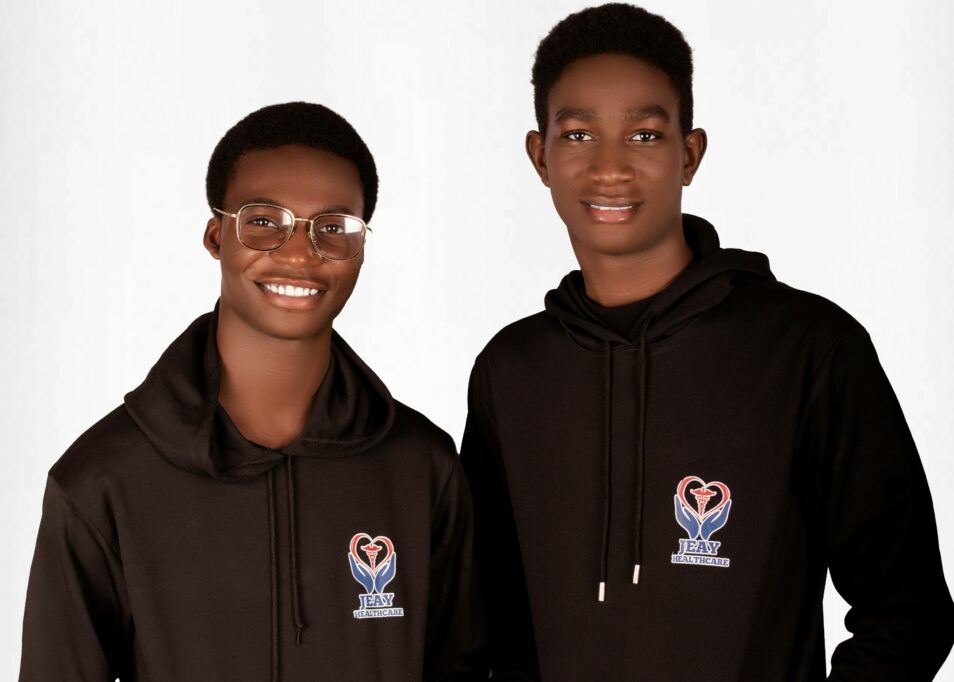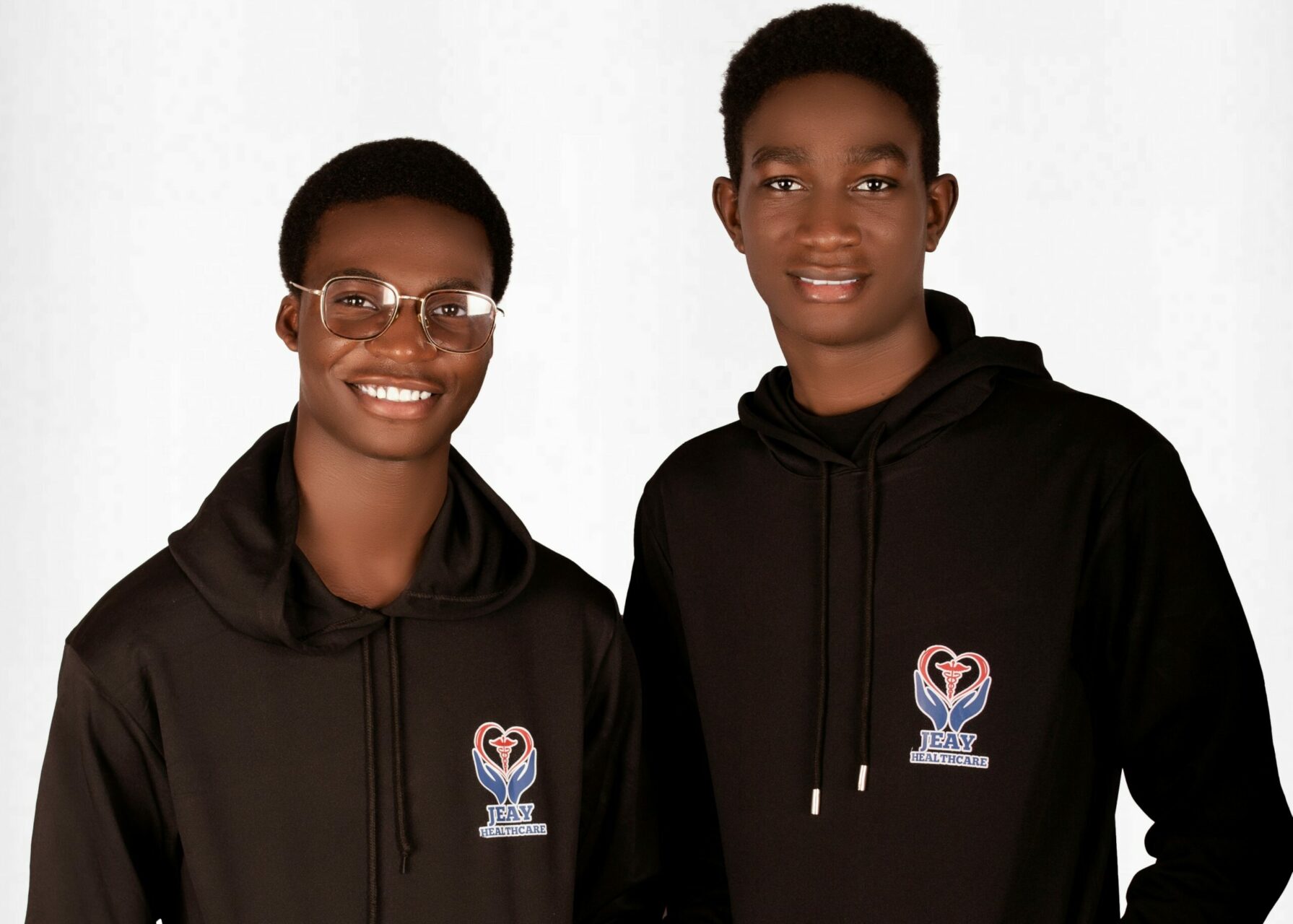Jesutoni Omiye is a medical student at Ekiti State University in Ado Ekiti, Nigeria. He’s a sickle cell patient who always goes home whenever he’s sick to receive treatment from his mother, a nurse.
However, he fell ill just before COVID-19 in 2020 and couldn’t go home. He was in excruciating pain and had no drugs with him.
Toluwanimi Fanibuyan, his hostel mate, and a few others offered to take him to the school clinic so he could get some painkillers. But when they got to the school’s health centre, they discovered it was closed due to the Non-Academic Staff Union of Allied and Education Institutions (NASU) strike.
The other option was to visit a nearby hospital, clinic, or teaching hospital. However, they couldn’t do this because it would be expensive, stressful, and time consuming.
With no transportation available, they walked the long distance back to their hostel after purchasing painkillers at a pharmacy close to the school.
“Most students at school have problems accessing healthcare at the school clinic. That was not a one-time occurrence for me. Tolu is one of many people I know who have had difficulty obtaining medical care,” Omiye says.
Consequently, he considered making healthcare more accessible and affordable to students.
However, the first-year student paused his plans when the pandemic-induced lockdowns took effect in early 2020, and students had to vacate the school premises.
When classes resumed in 2021, he focused on his studies until the eight-month-long Academic Staff Union of Universities (ASUU) strike began in March 2022.
Developing JEAY
Omiye discussed his idea with Fanibuyan over the phone one evening in May 2022. His initial plan was to develop the idea after school.
But Fanibuyan found the idea interesting and urged them to get to work because they didn’t know when they’d graduate due to the ASUU strike. And with that, Omiye started researching the idea.
“I discovered that we were not the first to come up with the idea. But that did not stop us because we still did not have access to healthcare. We continued to work on it and began developing it in May 2022.”
Omiye (CEO) and Fanibuyan (Head of Operations) are medical and engineering students at Ekiti State University in Nigeria, respectively.
They claim to understand the problem students face with accessing healthcare services and have developed relevant skills to help them in their startup journey.
How JEAY Healthcare works

The company provides telemedicine solutions for primary care, mental health, and sexual and reproductive health.
Patients can consult a doctor about issues relating to these healthcare services via the platform’s video, audio, or messaging options.
The company charges a ₦1,000 ($2.18) upfront payment per consultation before granting access to a doctor; JEAY keeps 60% of the fee, while doctors keep 40%.
JEAY has partnered with Famasi Africa — a Nigerian healthtech startup — to help meet its patients’ medication needs.
This partnership allows users to order doctor-recommended medications directly from the app while it delivers to their doorsteps.
The telemedicine platform has also collaborated with another Nigerian healthtech startup, Healthtracka, to conduct online tests.
When users book a test through JEAY’s mobile app, laboratory technicians come to their homes to collect the samples, and the results are delivered to them via email within 24 hours.
It’s critical to understand that Famsi and Healthtracka set the prices for these services.
Furthermore, JEAY plans to launch an Online Medical Store section within the next six months where users who don’t want to go to stores can order medical-related items.
JEAY Healthcare wants to ensure that every Nigerian has access to quality healthcare. Even though there are Nigerian startups, including DRO health, Health Connect 24×7, and Betacare, offering similar services, JEAY believes its product offerings make it outstanding.
“What distinguishes JEAY from other services is that no one else provides the same services, including online medical testing and pharmacy services. We’ll also be embedding the online store, which other platforms lack.
“We have patient-friendly approaches because we work with incredible medical practitioners,” Omiye says.
Challenges and plans
Currently bootstrapped, the company is looking to raise its pre-seed funding to help develop its product.
Obtaining funding was one of the challenges it faced while developing the mobile app, but Omiye says the company has a team of ten students who worked to overcome the challenge by cutting costs.
Another challenge that the startup faced was getting doctors on board.
“I remember when Tolu spoke with over 20 doctors, and none of them signed with us. But when we got a doctor to sign with us, we let other doctors know the problem we’re solving and the main reason for the idea. Our story made them believe in us,” Omiye recounts.
Omiye and Fanubiyan are confident that the telemedicine platform will reach at least 20,000 users and more than 50,000 downloads by the end of 2023.
According to Omiye, JEAY’s services will help provide healthcare services for more than 60% of the Nigerian population, consisting of youths, students, and people aged 18 to 50; however, it is not limited to this.
In the next six to eight months, the company plans to expand beyond Southwest Nigeria to other regions. Consequently, it should enter every state in the country in two to three years and other countries, starting with West Africa.
JEAY Healthcare also aims to expand its services, including in-home visits and wearable medical devices.











